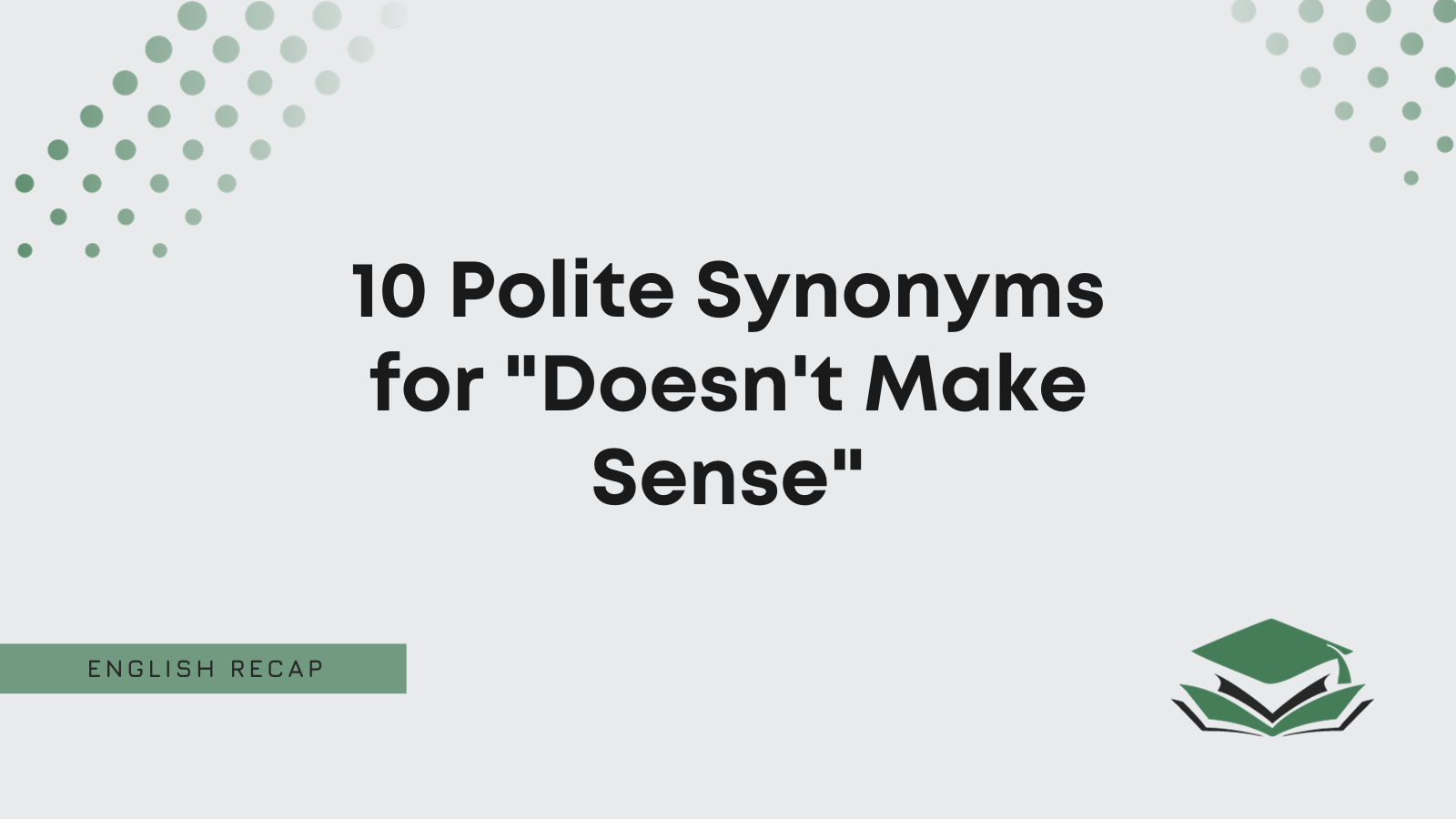Origins and Spread of COVID-19

The COVID-19 pandemic, caused by the severe acute respiratory syndrome coronavirus 2 (SARS-CoV-2), has had a profound impact on the world. Understanding its origins and spread is crucial for comprehending its global impact and developing effective strategies for future pandemics.
Initial Discovery and Identification
The initial discovery of SARS-CoV-2 can be traced back to December 2019 in Wuhan, China. A cluster of pneumonia cases with an unknown cause was reported, leading to investigations by local health authorities. Through genetic sequencing, the virus was identified as a novel coronavirus, distinct from previously known coronaviruses such as SARS and MERS.
Early Stages of the Pandemic
The early stages of the pandemic were characterized by rapid spread and a lack of understanding about the virus’s transmissibility and severity. Initial cases were linked to a live animal market in Wuhan, suggesting a zoonotic origin. However, the exact source of the virus remains unknown.
Spread and Impact
The virus spread rapidly beyond Wuhan, with cases reported in other parts of China and then globally. The World Health Organization (WHO) declared the outbreak a Public Health Emergency of International Concern on January 30, 2020, and a pandemic on March 11, 2020. The pandemic had a significant impact on different regions, with varying levels of severity and response measures.
Timeline of Key Events
- December 2019: First cases of COVID-19 reported in Wuhan, China.
- January 2020: The virus spreads to other parts of China and internationally.
- January 30, 2020: WHO declares the outbreak a Public Health Emergency of International Concern.
- March 11, 2020: WHO declares the outbreak a pandemic.
- March 2020 – Present: The pandemic continues, with ongoing waves of infection, development of vaccines and treatments, and efforts to mitigate the virus’s impact.
Impact of COVID-19 on Society and Individuals: Who Covid 19

The COVID-19 pandemic has had a profound and multifaceted impact on societies and individuals worldwide. The virus has disrupted daily life, strained healthcare systems, and caused widespread economic hardship. Its effects have been felt across all sectors of society, from education and employment to social interactions and mental health.
Global Economic and Social Consequences, Who covid 19
The pandemic has had a devastating impact on the global economy. Lockdowns and travel restrictions have led to widespread business closures, job losses, and supply chain disruptions. The International Monetary Fund (IMF) estimates that the global economy contracted by 3.5% in 2020, the worst recession since the Great Depression. The pandemic has also exacerbated existing inequalities, with the poorest and most vulnerable populations disproportionately affected.
Impact on Healthcare Systems
COVID-19 has placed an immense strain on healthcare systems around the world. Hospitals have been overwhelmed with patients, and there have been shortages of essential medical supplies. The pandemic has also highlighted the importance of public health measures, such as vaccination and social distancing, in preventing the spread of infectious diseases.
Impact on Education
The pandemic has disrupted education systems globally, forcing schools and universities to close and shift to online learning. This has had a significant impact on students’ learning and well-being, particularly for those from disadvantaged backgrounds who lack access to technology or adequate learning environments. The pandemic has also raised concerns about the long-term effects of remote learning on students’ social and emotional development.
Impact on Employment
The pandemic has led to widespread job losses and unemployment. Many businesses have been forced to lay off workers or close permanently. The pandemic has also accelerated the adoption of automation and remote work, which has had a significant impact on the labor market.
Personal Stories and Experiences
The pandemic has had a profound impact on individuals’ lives. Many people have lost loved ones to the virus, and others have experienced severe illness or long-term health problems. The pandemic has also led to increased stress, anxiety, and loneliness, as people have been forced to isolate themselves from others.
“The pandemic has been a very difficult time for me. I lost my job, and I’ve been struggling to make ends meet. I’m also worried about my health and the health of my family.” – Sarah, a single mother of two
“I’ve been feeling very isolated and lonely since the pandemic began. I miss seeing my friends and family, and I’m worried about the long-term effects of social distancing on my mental health.” – David, a retired teacher
Responses to the COVID-19 Pandemic

The COVID-19 pandemic has presented unprecedented challenges to global health, economies, and societies. In response, governments, organizations, and individuals have implemented a wide range of measures to contain the virus, mitigate its impact, and prepare for future outbreaks.
Public Health Measures
Public health measures have been central to pandemic response efforts worldwide. These measures aim to slow the spread of the virus, protect vulnerable populations, and reduce the burden on healthcare systems.
- Lockdowns and Social Distancing: Many countries implemented lockdowns, restricting movement and gatherings to minimize person-to-person contact. Social distancing guidelines encouraged people to maintain physical separation, wear masks in public spaces, and avoid large crowds. These measures, while disruptive, proved effective in slowing the spread of the virus. For example, the early lockdown implemented in China in Wuhan, the epicenter of the pandemic, is widely credited with preventing a more extensive outbreak.
- Testing and Contact Tracing: Widespread testing and contact tracing have been crucial for identifying infected individuals and their close contacts. Testing allows for early detection and isolation, while contact tracing helps to prevent further transmission by identifying and isolating individuals who may have been exposed. For instance, South Korea’s aggressive testing and contact tracing strategy in the early stages of the pandemic helped to contain the spread of the virus.
- Quarantine and Isolation: Quarantine and isolation measures are essential for preventing the spread of the virus from infected individuals. Quarantine involves separating individuals who have been exposed to the virus but are not yet showing symptoms, while isolation involves separating individuals who have tested positive for the virus. These measures are crucial for preventing further transmission and protecting vulnerable populations. For example, the implementation of quarantine and isolation protocols in hospitals and other healthcare facilities helped to prevent widespread outbreaks among healthcare workers.
- Hygiene and Sanitation: Maintaining good hygiene and sanitation practices is crucial for preventing the spread of the virus. This includes frequent handwashing, covering coughs and sneezes, and disinfecting surfaces. Public health campaigns promoting these practices have been widely implemented, contributing to reducing the spread of the virus.
Vaccine Development and Distribution
The rapid development and deployment of COVID-19 vaccines represent a remarkable scientific achievement and a critical component of the pandemic response.
- Vaccine Development: Scientists and researchers around the world collaborated to develop effective vaccines against COVID-19 in record time. This was facilitated by the use of new technologies, such as mRNA vaccines, and the availability of substantial funding and resources. The development of multiple effective vaccines, including those from Pfizer-BioNTech, Moderna, and Oxford-AstraZeneca, has provided a crucial tool for combating the pandemic.
- Vaccine Distribution: The distribution of vaccines has presented significant challenges, particularly in ensuring equitable access across different countries and populations. The COVAX initiative, a global collaboration to ensure equitable access to COVID-19 vaccines, has played a vital role in distributing vaccines to low- and middle-income countries. However, vaccine inequity remains a major concern, with high-income countries having access to a disproportionate share of vaccines.
Who covid 19 – COVID-19, that sneaky little virus that turned our lives upside down, has a lot in common with the conflict between Israel and Hamas. Both are complex situations with deep historical roots and no easy solutions. Understanding the intricacies of the Israel-Hamas leadership can shed light on the challenges of dealing with COVID-19, which also requires a multi-faceted approach to address its impact on our society.
Who’s Covid-19? Well, let’s just say he’s the ultimate party crasher, ruining everyone’s plans. But hey, at least we got some good entertainment out of it, like watching Kenny Pickett throw some touchdowns for the Eagles. Who knows, maybe Covid-19 will be the next big meme sensation, like those wacky “Drakeposting” images.
I guess we’ll have to wait and see.
